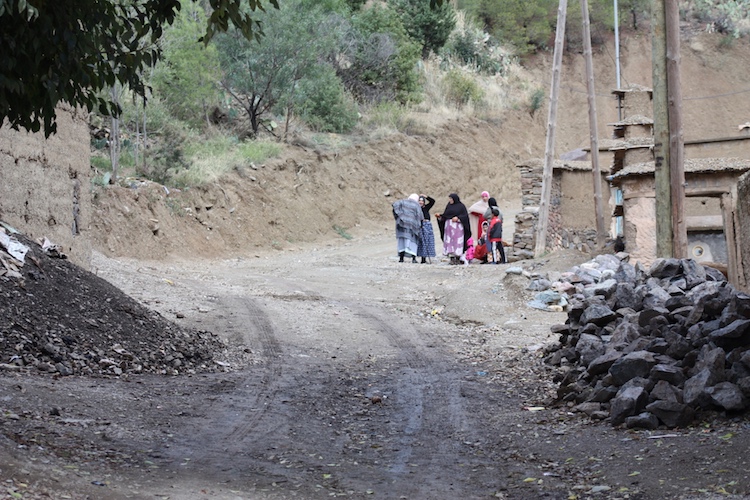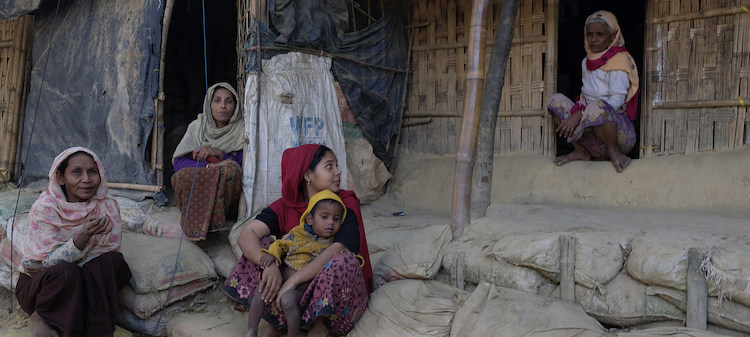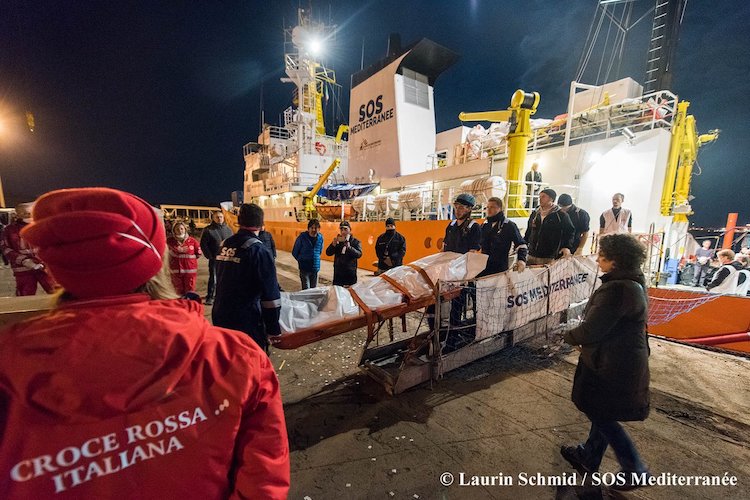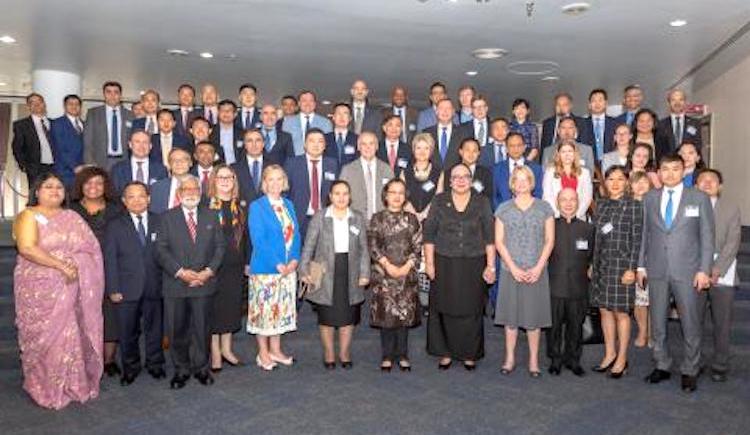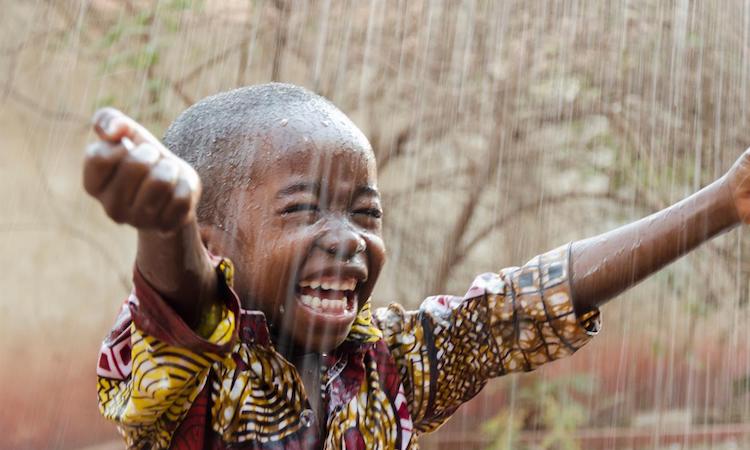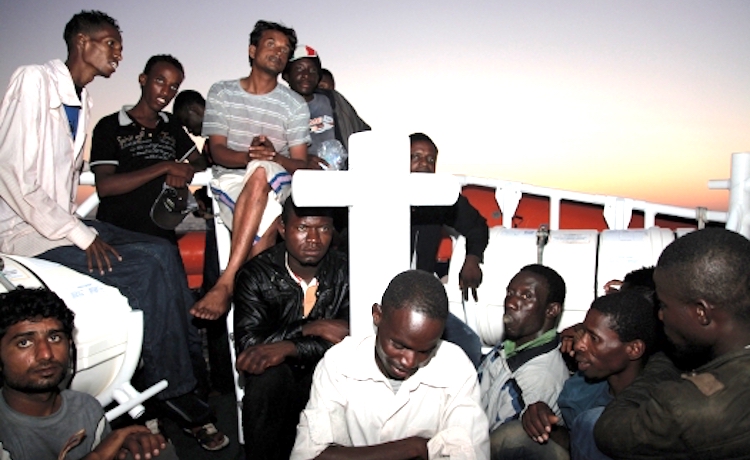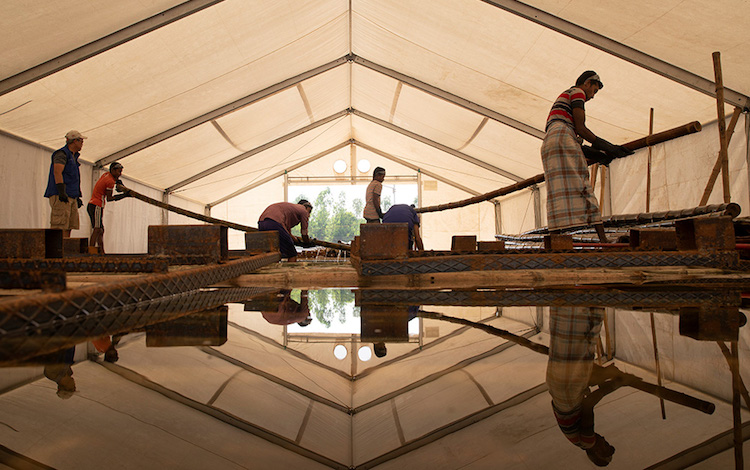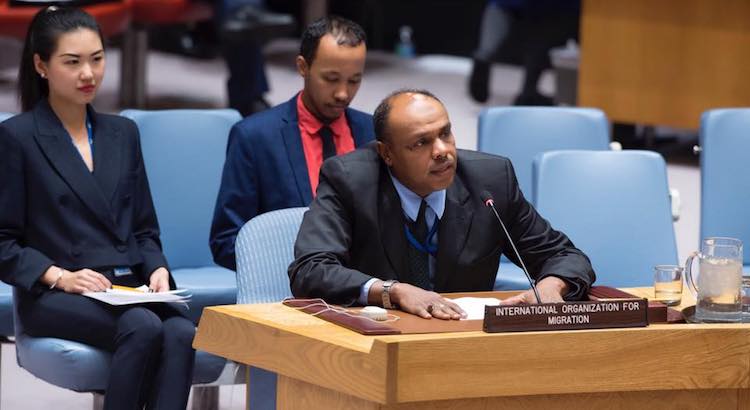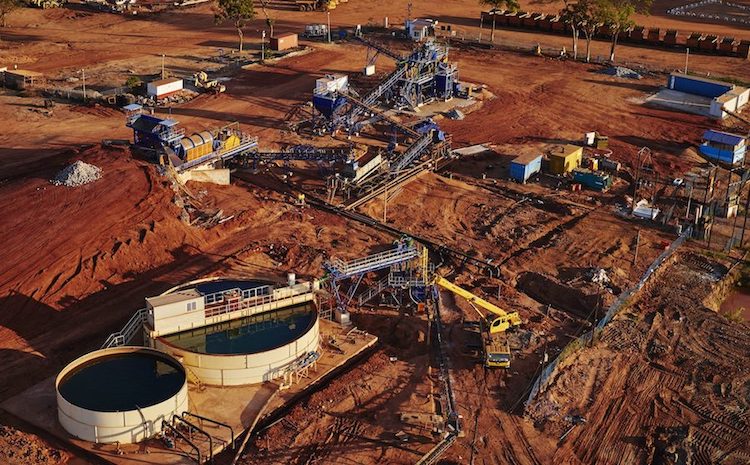
African Villagers Tortured for ‘Blood Rubies’ Worn by Stars
By Lisa Vives, Global Information Network
NEW YORK (IDN) – A British mining company has agreed to pay over $7 million to settle claims including allegations of torture and murder at ruby mines in the northeast of Mozambique. The brilliant red stones, worth millions, have been worn by international actresses Mila Kunas, Bel Powley, and Sophie Cookson, among others.
The company, Gemfields, chose to pay community members living near its Montepuez ruby mine on a “no admission of liability” basis that settles a claim of human rights abuses over a decade brought against it by local villagers.…





